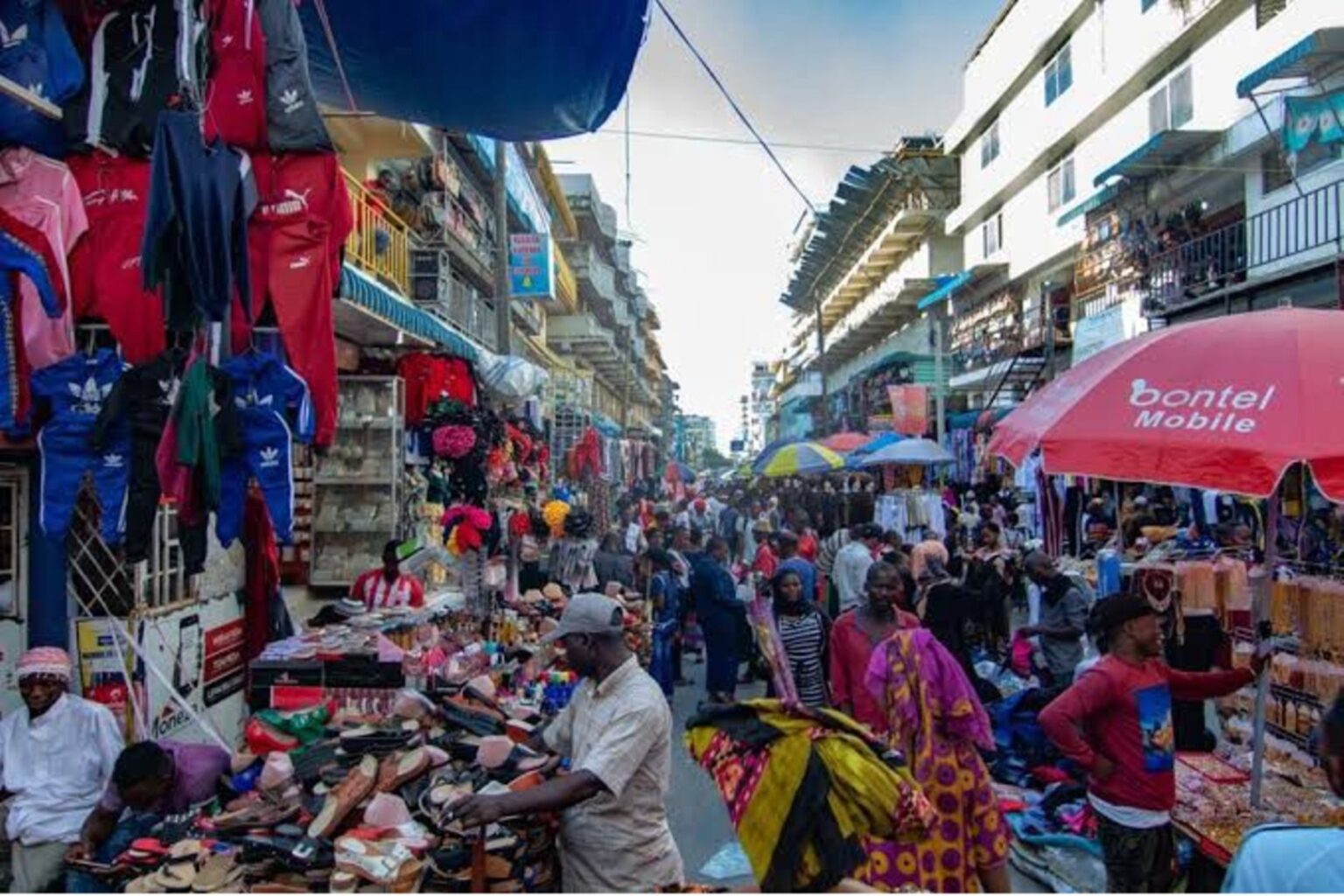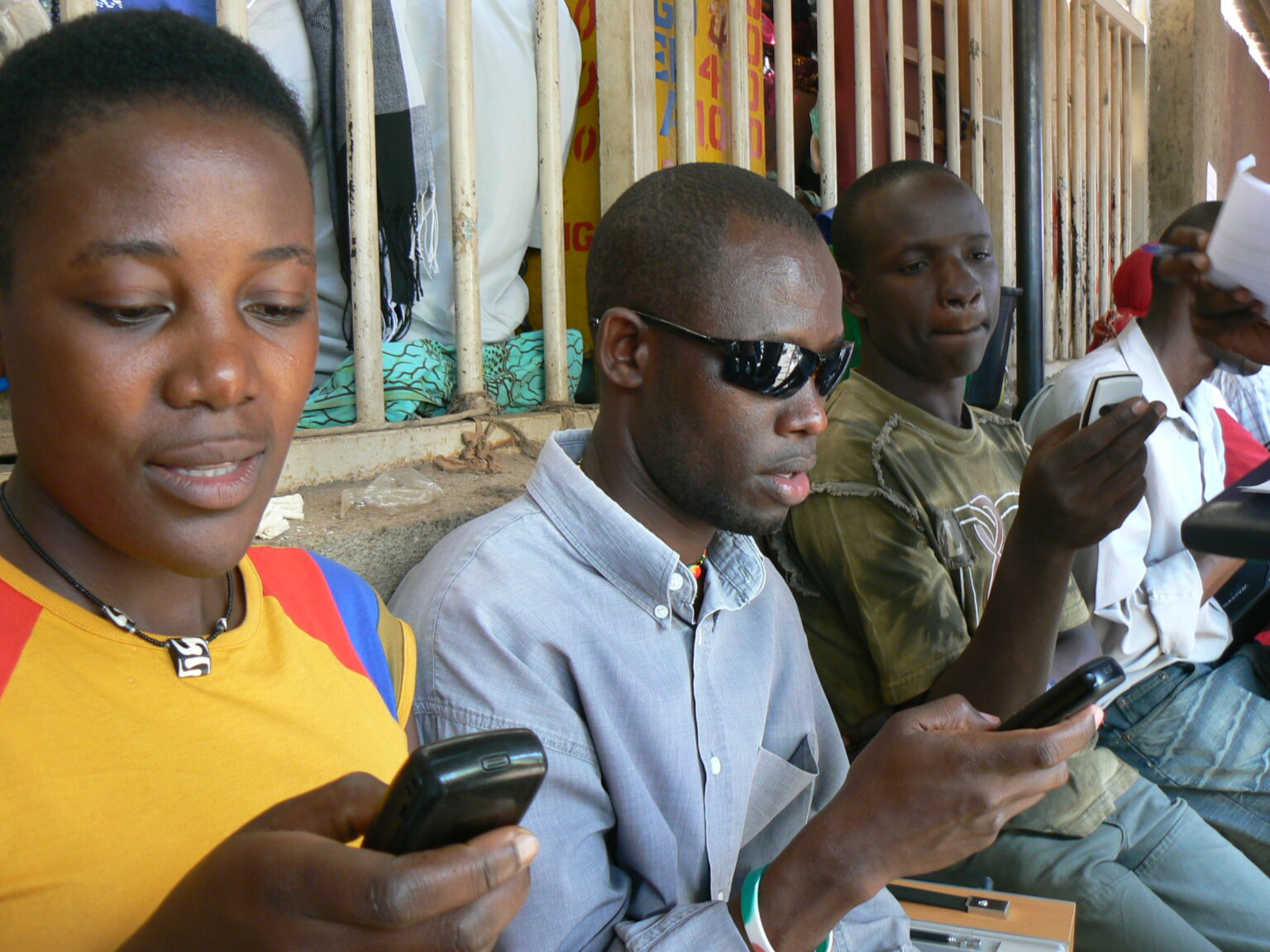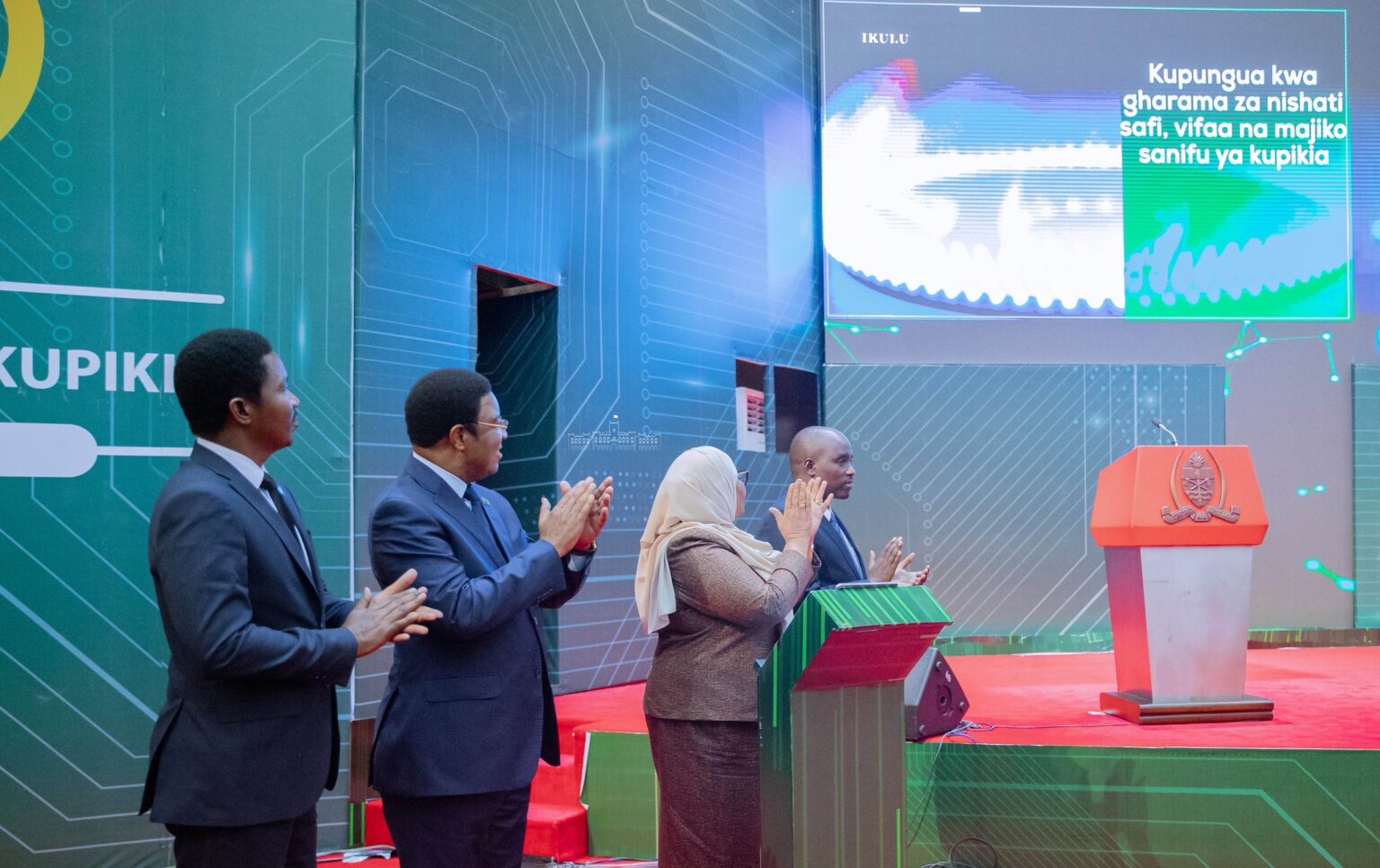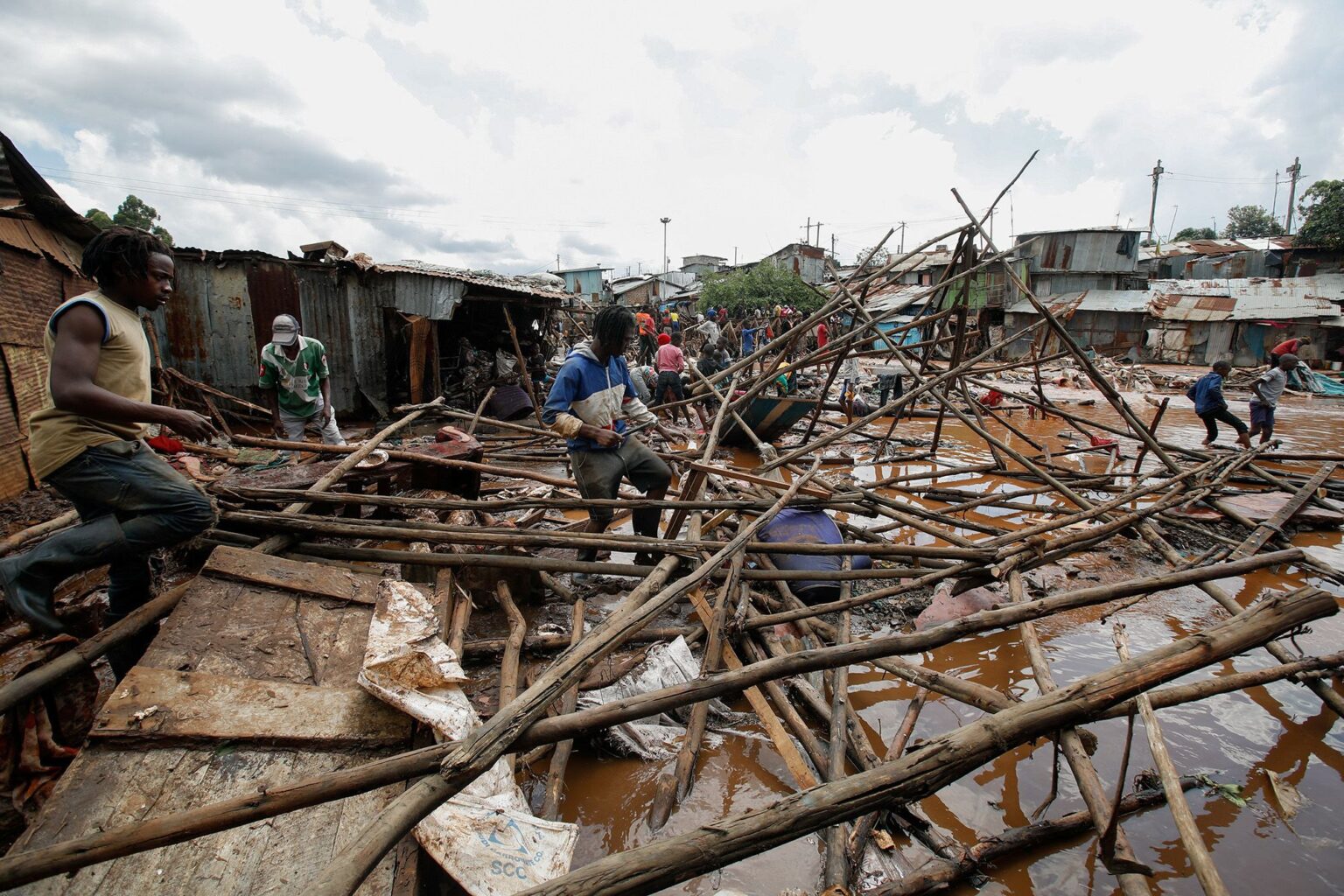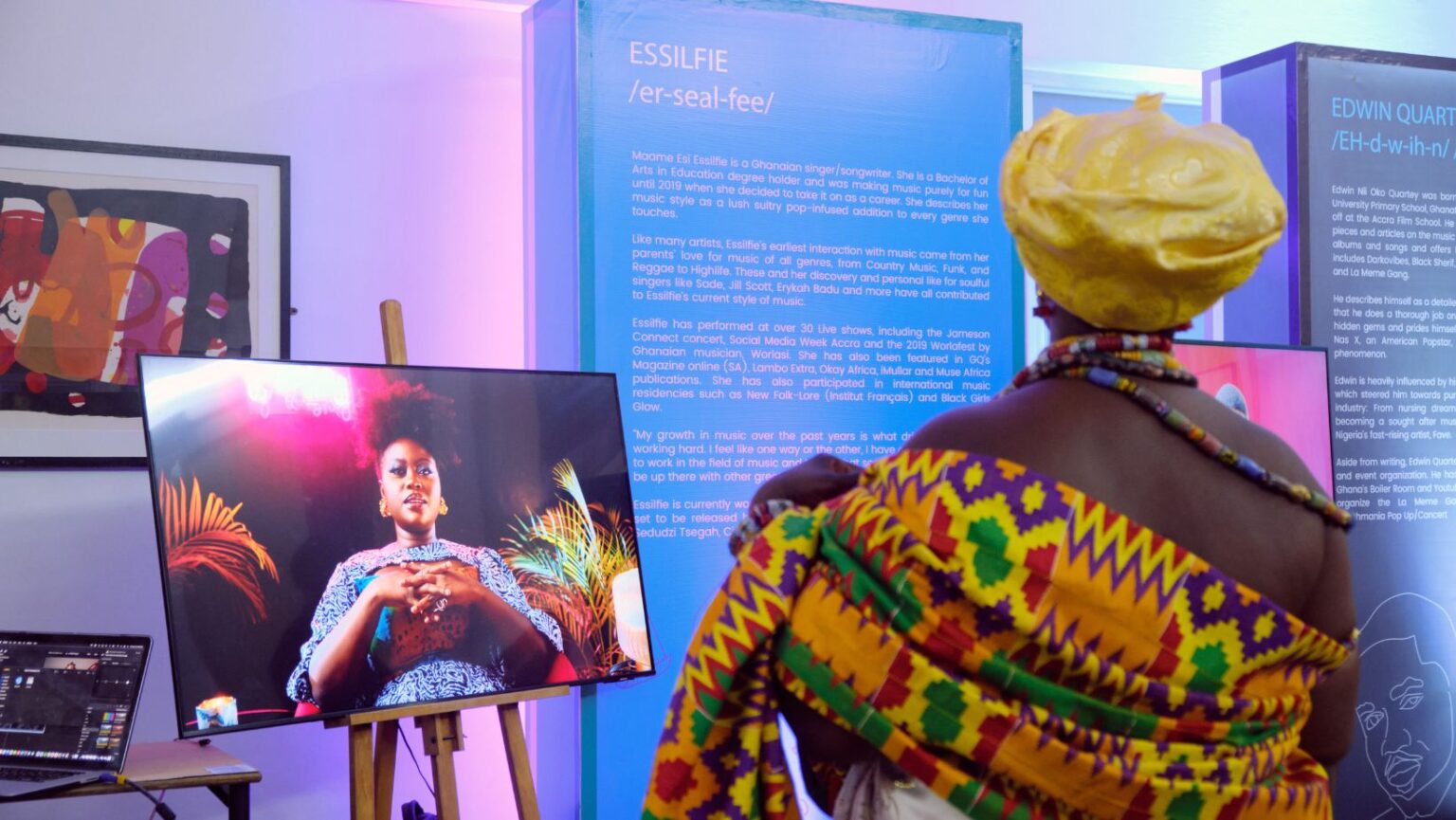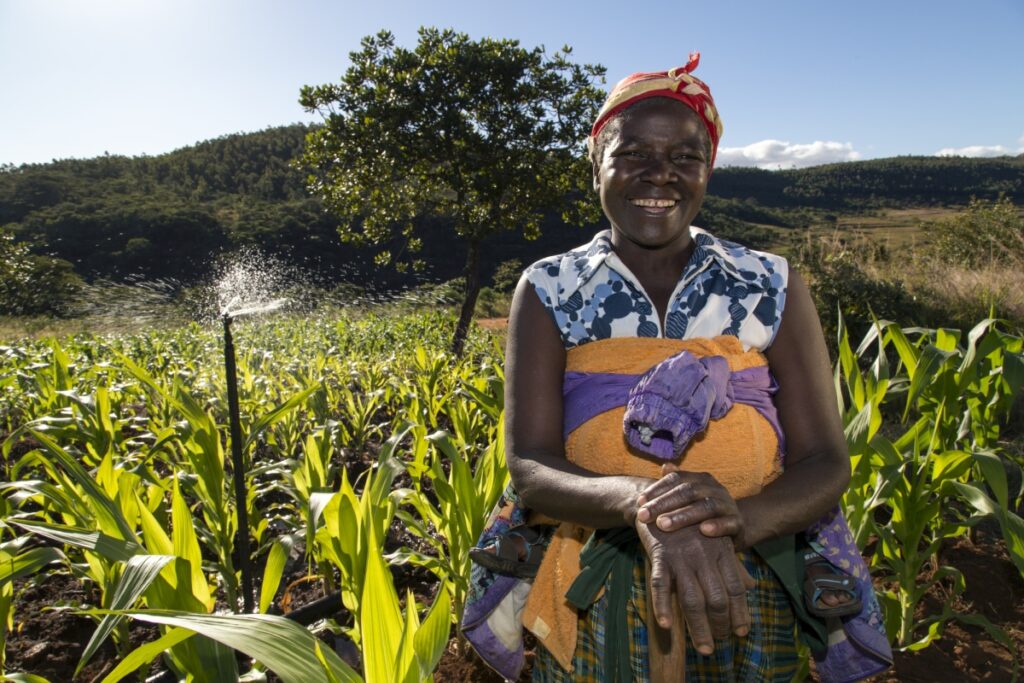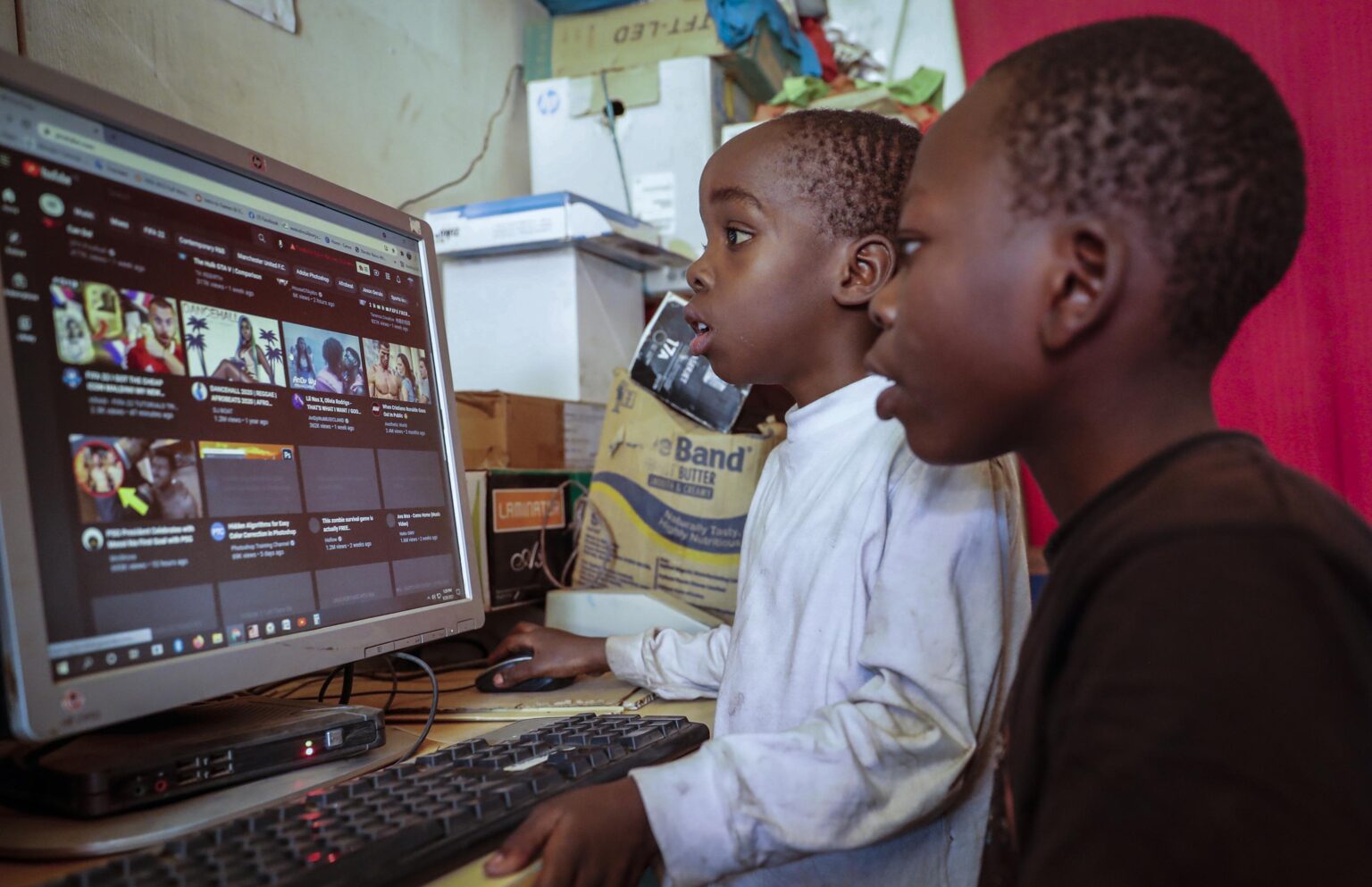- AI’s Dual Capacity and a Strategic Opportunity for African Peace and Security
- How African economies dealt with the 2025 debt maturity wall
- Africa’s Green Economy Summit 2026 readies pipeline of investment-ready green ventures
- East Africa banks on youth-led innovation to transform food systems sector
- The Washington Accords and Rwanda DRC Peace Deal
- Binance Junior, a crypto savings account targeting children and teens debuts in Africa
- African Union Agenda 2063 and the Conflicts Threatening “The Africa We Want”
- New HIV prevention drug is out — can ravaged African nations afford to miss it?
Author: Padili Mikomangwa
Padili Mikomangwa is an environmentalist based in Tanzania. . He is passionate about helping communities be aware of critical issues cutting across, environmental economics and natural resources management. He holds a bachelors degree in Geography and Environmental Studies from University of Dar es Salaam, Tanzania.
In their letter dated June 26th, 2024, High Commissioners and Ambassadors from 10 countries expressed their dissatisfaction with how the Tanzania Revenue Authority (TRA) handled taxation issues related to investors from their countries. The French Embassy acknowledges the contribution to attracting and expanding quality international investment into Tanzania. Tanzania has attracted a stock of over $3.87 billion of investments from India, with a total of 675 projects and over 61,000 jobs delivered, making India one of the Top 5 investors in India. Foreign Investors Challenges in Tanzania “We are writing to express our concerns regarding both recent and ongoing challenges…
The World Economic Forum (WEF) released its Top 10 Emerging Technologies for 2024 on Tuesday The list of the technologies included Artificial Intelligence (AI) and Genomics for transplants Two decades ago today, an automated system that uses artificial intelligence to write a story or electric vehicles cruising down the street – were only things on a sci-fi movie or predicted in a peer-reviewed paper. Gone are those days, the future is here. In today’s world, both governments and automakers are seeking real-life and real time solutions to at least pressing challenges known to man. Further, these solutions offer near-perfect options…
How Niger-Benin dispute mar $400 Million oil exports deal with China Tensions between neighbouring West African nations Benin and Niger are escalating amid a deepening dispute over oil exports. Further, Niger accused Benin of kidnapping five of its nationals. Niger-Benin dispute Peace in West Africa is becoming scarce as Niger and Benin dispute takes a different shift forcing Niger to consider routing its crude oil pipeline (1,930 kilometer) stretching from Agadem oil field to the port of Cotonous in Benin. Niger’s ambition to become an oil exporting nation is threatened by internal security crisis and a diplomatic dispute with neighbor Benin. The conflict is a…
Kariakoo Traders from Tanzania are striking against higher taxes heaped on them by the authorities. The government has however assured the traders on the safety of their property. Unlike tear gas and fights in neighbouring Kenya that have caught global attention, Tanzania’s strike is rather less chaotic. “No more taxes and the strike is the only apparatus we have to get what we want and the way forward” says Frank, a merchant and trader in the Tanzania’s open market pulse, Karikoo. Frank and like most of his peers, often young people, who invested significantly in stores that charge over $220 rent…
Social media has been noted on several occasions and recorded as a severe danger to cognitive warfare, the new fighting front in the 21st century. At this moment, 170 million Africans (Facebook users in Africa) are connected with thousands of people across the globe compared to three decades ago. social media ban affected communications and business, and the impact was immense, as strict regulations made information dissemination cumbersome. In March 2023, The Guardian report indicated that translated Chinese military reports suggested that warfare shifted from killing the body to invading the mind – forcing United States (the world’s advanced military…
Firewood is responsible for killing at least 33,000 people yearly in Tanzania. A person who is exposed to firewood smoke for an hour has similar health risks as a person who smokes between 200 and 300 cigarettes. Tanzania is estimated to lose nearly 470,000 hectares of forest each year due to the rampant acts of cutting down trees for charcoal and firewood. The use of clean cooking energy is no longer a luxurious thing. It is a necessity, Tanzania’s President Samia Suluhu Hassan noted recently during the launch of the 10-year National Clean Cooking Strategy in Dar es Salaam. However,…
Torrential rains have caused terrible floods in Kenya, causing the death toll to reach more than 200, and more than 280,000 people affected. Over the years, both governments in Kenya and Tanzania have struggled to finance disaster management systems. Tanzania’s commercial pulse, Dar es Salaam’s economy, and infrastructure suffer from frequent and severe flooding, and the situation will worsen without major interventions. “Tomorrow I am turning 24, and in 2030, I will be 30; seeing all these situations (floods) puts me in a scary position for my future,” Jeffrey Mboya, a Kenyan climate activist, told CNN International correspondent Larry Madowo,…
The creative economy is one of the world’s fastest-growing sectors, creating employment and income for millions globally. Africa is beginning to see promising potential for its creative economy, flourishing in film, arts and crafts, fashion, design, video, photography, music, and more. The East African Community bloc generates $2 billion annually from the creative industry. Whether it is Tanzania’s signature genre Bongo Fleva king Diamond Platnumz, Nigeria’s Afro-pop, Kenya’s hilarious talent, Eric Omondi or South Africa’s newly crowned Grammy winner, Tyla, African creatives are taking the global creative economy by storm. Two decades ago, the orange economy or what we famously…
Africa’s food and agriculture market could reach $1 trillion in 2030 from $280 billion in 2023, with over $60 billion spent on food imports yearly. Access to credit poses a significant barrier to private sector investment in Africa’s agriculture sector Food and Agriculture Organization (FAO) highlights that around 30 to 40 per cent of food produced in Africa is lost before it reaches consumers. Africa is a sleeping giant, at least from the agricultural sector. The region’s food and agriculture market could reach $1 trillion from $280 billion in 2023, with over $60 billion spent on food imports yearly. The…
Market size of Africa’s digital economy could reach $712 billion by 2050. In 2022 only 36 percent of the African population had access to broadband internet. Mobile Network Operators (MNOs) are streamlining adoption of 5G services. Africa is on the verge of an economic revolution. From the north to the southern part of the Saharan desert, nations are striving to eliminate poverty and gain a strong foothold in global markets. In the same vein, the continent is banking on the potential held by the digital economy. Reports ping the sector to higher standards, including a report from non-profit Endeavor predicting…








